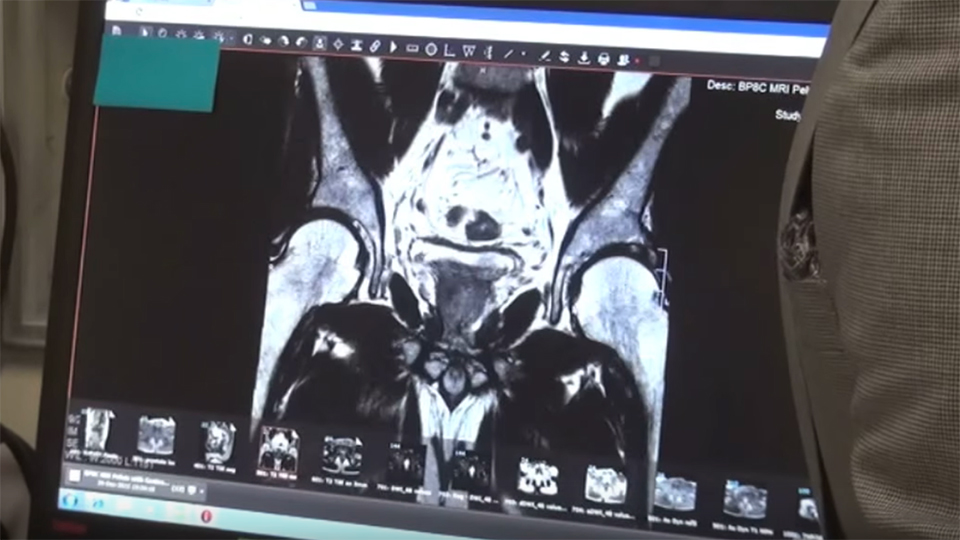More study needed to assess risk
Learn more about the study in our video:
More study needed to assess risk after prostate cancer therapy.
Sunnybrook researchers identify an association between the development of secondary malignancies and radiotherapy for prostate cancer, based on a rigorous, systematic review published in the British Medical Journal.
“Though more study is needed to explore this association, we hope our findings will further inform discussions between patients and their doctors about future potential adverse effects, especially as more men are living longer after prostate cancer treatment,” says Dr. Robert Nam, lead investigator and uro-oncologist, Sunnybrook’s Odette Cancer Centre Genitourinary Cancer Care team, and professor, Department of Surgery, University of Toronto.
The researchers conducted a meta-analysis or a statistical technique for combining findings from independent studies. They examined 21 unique studies, including 19 published as recently as 2010. Most of the studies were large, multi-institutional reports but had a moderate risk of bias, and assessed risk of secondary malignancies in patients with clinically localized prostate cancer who underwent widely used forms of radiotherapy of varying dose and duration. Controls in these studies were patients who did not undergo radiotherapy who were treated with surgery, other prostate cancer treatments or received no therapy.
The analysis showed increased risk though with low overall likelihood (absolute rates), of secondary malignancies of the bladder, colorectal tract, and rectum in patients who underwent radiotherapy compared to patients who did not. The odds of these malignancies also varied depending on the type of radiotherapy.
The researchers recommend that further studies will be required to estimate the precise percentage of the actual risk.







